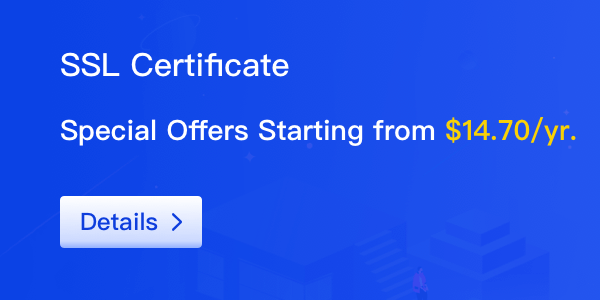In the digital age, maintaining privacy and security online is more important than ever. For individuals and businesses alike, the protection of personal information and domain ownership details is a critical concern. Two common services that help achieve this are domain privacy and proxy services. While they may seem similar, they serve different purposes and offer distinct features. In this blog post, we’ll explore the differences between domain privacy and proxy services, how they work, and which one might be right for you.

Understanding Domain Privacy
Domain privacy, also known as WHOIS privacy, is a service offered by domain registrars to protect the personal information of domain owners. When you register a domain name, your contact information, including your name, address, phone number, and email, is stored in the WHOIS database, which is publicly accessible. This transparency can lead to unwanted spam, identity theft, or harassment.
By opting for domain privacy, your personal information is replaced with the contact details of the privacy service provider in the WHOIS database. This means that while the domain remains registered in your name, your personal data is shielded from public view. Domain privacy is particularly beneficial for individuals, small businesses, or anyone who values their anonymity online.
Exploring Proxy Services
Proxy services, on the other hand, offer a different layer of protection. A proxy server acts as an intermediary between your device and the internet. When you use a proxy service, your internet traffic is routed through the proxy server, masking your IP address and location. This can help maintain anonymity while browsing the web, accessing restricted content, or bypassing censorship.
In the context of domain registration, a proxy service can provide an additional layer of security by allowing you to register a domain without revealing your true identity. Much like domain privacy, a proxy service will display its own contact information in the WHOIS database instead of yours. However, proxy services do not offer the same level of protection for your overall online activity as a VPN or other privacy tools.
Key Differences Between Domain Privacy and Proxy Services
While both domain privacy and proxy services can help protect your identity, they serve different functions and are suited for different needs. Here are some key differences:
1. Scope of Protection
: Domain privacy specifically protects your personal information associated with domain registration, while proxy services provide anonymity for your internet browsing activity.
2. Functionality
: Domain privacy is focused on WHOIS information, ensuring that your name and contact details are not publicly accessible. Proxy services, however, route your internet traffic through their servers, masking your IP address and allowing for anonymous browsing.
3. Use Cases
: Domain privacy is ideal for individuals and businesses concerned about their personal information being exposed in the WHOIS database. Proxy services are more suitable for users looking to protect their online activities or access geo-restricted content.
Which Service Should You Choose?
Choosing between domain privacy and proxy services depends on your specific needs and goals. If your primary concern is the protection of your personal information related to a domain name, domain privacy is the clear choice. It offers peace of mind by keeping your contact details private and reduces the risk of spam or harassment.
On the other hand, if you are looking for broader online anonymity and want to mask your IP address while browsing the web, a proxy service may be more appropriate. This is especially beneficial for users who frequently access public Wi-Fi networks or want to bypass geographic restrictions.
In many cases, individuals and businesses may find value in using both services together. By securing domain privacy for their domain registrations while utilizing proxy services for their everyday browsing, they can achieve a higher level of online security and privacy.
Conclusion
In conclusion, understanding the differences between domain privacy and proxy services is essential for anyone looking to protect their online presence. While both services offer valuable protection, they cater to different needs and functionalities. By evaluating your personal or business requirements, you can make an informed decision about which service, or combination of services, will best safeguard your information and enhance your online experience.























